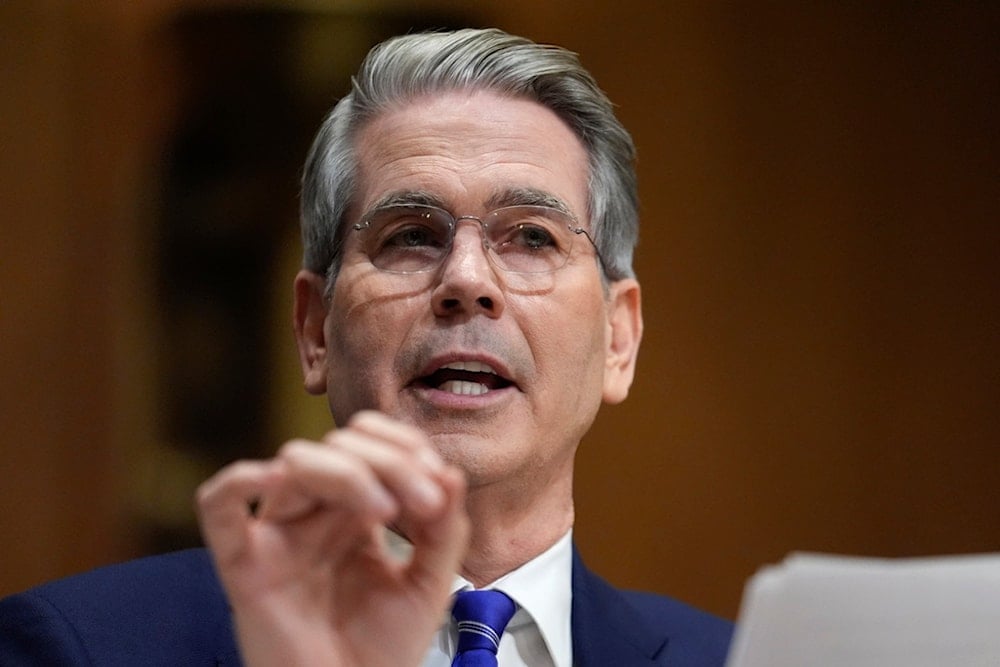US Treasury nominee rejects need for Central Bank digital currency
The debate around CBDCs has gained momentum globally, with countries like China, India, and the European Union making strides in developing their own government-backed digital currencies.
-

Scott Bessent, President-elect Donald Trump's choice to be secretary of the Treasury, appears before the Senate Finance Committee for his confirmation hearing, at the Capitol in Washington, Thursday, January 16, 2025 (AP)
Scott Bessent, President-elect Donald Trump's nominee for Treasury Secretary, has dismissed the idea of establishing a central bank digital currency (CBDC) in the United States. Speaking at his Senate confirmation hearing on Thursday, Bessent argued that the US financial system does not require a CBDC due to its robust infrastructure and investment options.
"I see no reason for the US to have a central bank digital currency. In my mind, a central bank digital currency is for countries who have no other investment alternatives," Bessent said. He further explained, "Many of these countries are doing it out of necessity, whereas the US, if you hold US dollars, you could hold a variety of very secure US assets."
The debate around CBDCs has gained momentum globally, with countries like China, India, and the European Union making strides in developing their own government-backed digital currencies. Proponents argue that CBDCs offer security and efficiency under government oversight. However, the US Federal Reserve has been cautious, citing concerns about their necessity and potential implications.
Digital divide
In May 2024, the US House of Representatives passed the CBDC Anti-Surveillance State Act, effectively blocking the Federal Reserve from issuing a CBDC without congressional approval. The legislation, championed by House Majority Whip Tom Emmer (R-Minn.), reflects fears about the potential misuse of digital currencies for government surveillance.
"For more than two years, we have worked to educate, grow support, and pass this important legislation, which prevents unelected bureaucrats from issuing a financial surveillance tool to fundamentally undermine our American values," Emmer said. He added that the bill safeguards privacy, individual sovereignty, and free-market principles in the US digital currency policy.
Read more: Iran unveils digital currency to boost payment infrastructure
Despite the Federal Reserve's assurances that it would not issue a CBDC without explicit congressional approval, prominent Republicans, including former President Trump, remain concerned about government overreach. Trump reiterated his stance, saying, "As your president, I will never allow the creation of a central bank digital currency... This would be a dangerous threat to freedom."
In contrast, some Democrats argue that banning CBDCs could weaken the US dollar's global dominance. Rep. Maxine Waters (D-Calif.) suggested that such a prohibition would stifle innovation and diminish the country's competitiveness in the global economy, potentially hampering the Federal Reserve's ability to address inflation effectively.

 3 Min Read
3 Min Read








